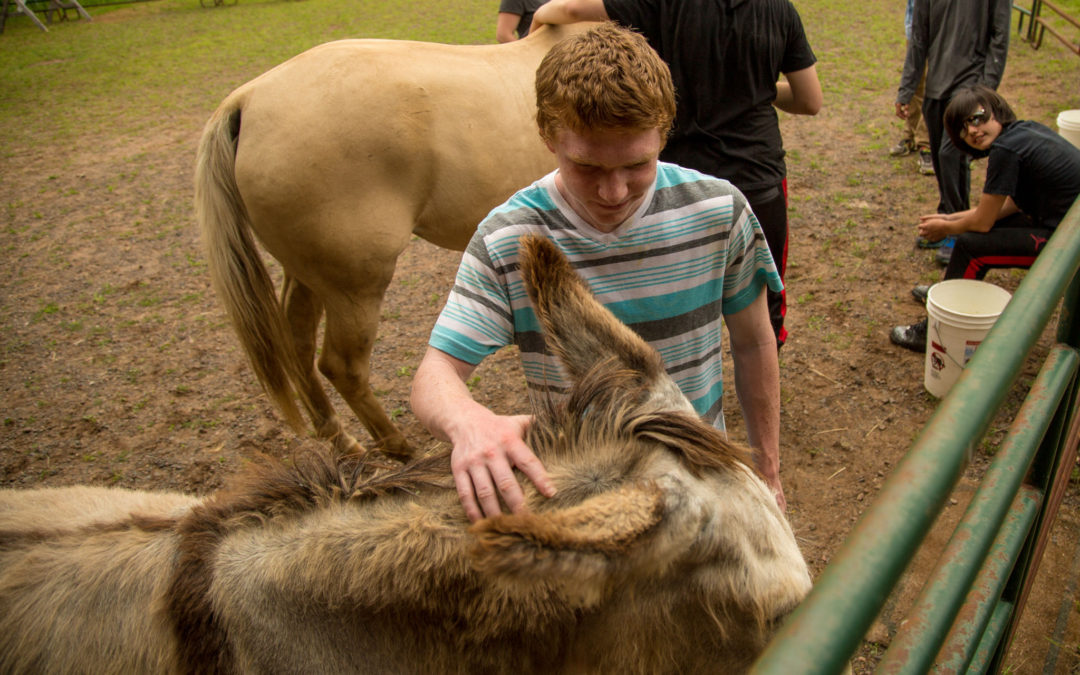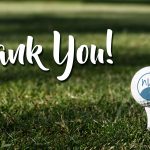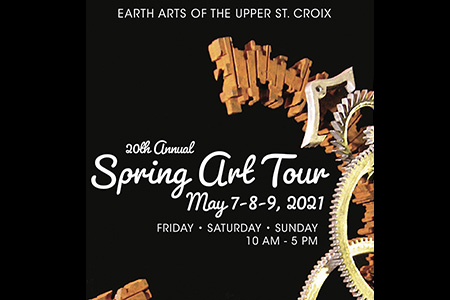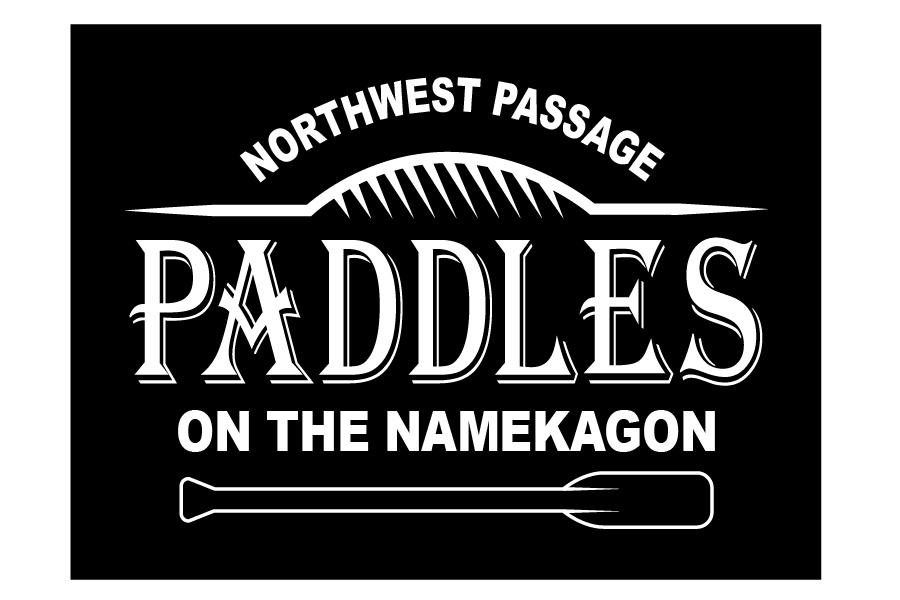Thanks to our clinical director Angela Frederickson, we have been able to provide Equine Therapy to our Northwest Passage kids for the past eight years. It has been an excellent experience for many of our kids and we are so happy to announce that our program is not only flourishing but it is also growing!
Passage is bringing back horses to the Gallery grounds on Fridays for the Riverside boys. Horses will also now be available at the Prairieview and Assessment facilities. Plus we have added another EAGALA certified clinician at Riverside who can facilitate the Riverside programming at the Gallery.
EAGALA stands for Equine Assisted Growth and Learning Association. According to Eagala.org, EAGALA is the leading international nonprofit association for professionals incorporating horses to address mental health and personal development needs. Incorporating horses into our kid’s treatment plans is a refreshing way that they can become more introspective.
Equine therapy can be a great tool used by our residents. Associate editor at Psych Central, Margarita Tartakovsky M.S. explains, “Because horses can sense a person’s feelings and respond accordingly, they can serve as a mirror that the person can use to see and understand feelings they may not be aware of.”
The EAGALA website states, “To evade predators, horses have evolved to be extremely sensitive to their environment. They instinctively analyze and react to our body language and other nonverbal cues. As a result, we are able to gain insight into our own nonverbal communication and behavior patterns. The EAGALA Model invites clients into an arena for ground-based interaction with horses to facilitate the therapeutic process. These horses become the focal point in client-driven discovery and analysis.”
Our newest EAGALA clinican, Kayla said, “I grew up riding horses in northwest Wisconsin with my family. One of the horses I am bringing to Passage has been with me since I was 12 years old and he has not only taught me how to ride, but also taught me how horses can impact people from the ground.”
The EAGALA model is based on off all groundwork; at no point does a client ever mount or ride a horse. By just being in the arena with the horses our clients can experience comfort, support and sometimes even a challenge. At that point, the horses become a part of the treatment team because they are apart of the recovery process and what happens in the arena. As part of the EAGALA model the animal is represented as a professional partner.
EAGALA has more of a mental health focus compared to other horse therapy programs and is all about giving the kids a place to be themselves and to experience their issues in the moment. It requires a lot of trusting in the horses to take care of the session and to be able to sense what is needed in that moment.
Horses require relationships to be built in order to trust. They require relationship repair the same as any person would after damage has been made, but they don’t pre-judge the way that people tend to. The horses do not get a rundown of the client’s mental health history or any background information.
Tartakovsky continues to explain the opportunities for cultivating healthy relationships; “Horses offer the person a non-judging relationship, which can help a person struggling with the negative relationship consequences from his mental illness to rebuild his confidence without fear of criticism.”

During our equine sessions, the horses are set loose and are free to roam around the arena so that they are able to be themselves. They each have their own personalities and mannerisms. It is entirely up to the residents to interpret the feedback that the horses give. The clinicians who facilitate these sessions are strictly there to provide emotional and physical safety if need be.
EAGALA is about trusting the herd. Due to this being such an experiential model, it is important that the horses names, genders, and ages are not identified to the clients so that they can utilize them as they see necessary in the moment.
Overall, Northwest Passage is excited to be exploring another innovative therapeutic method so the work can continue to expand on our diverse, yet effective paths of healing. By taking to these new techniques, it is just one more way Passage stands out from other residential treatment facilities. Northwest Passage continues to look forward to seeing all the progress our kids will make due to equine therapy!






Recent Comments